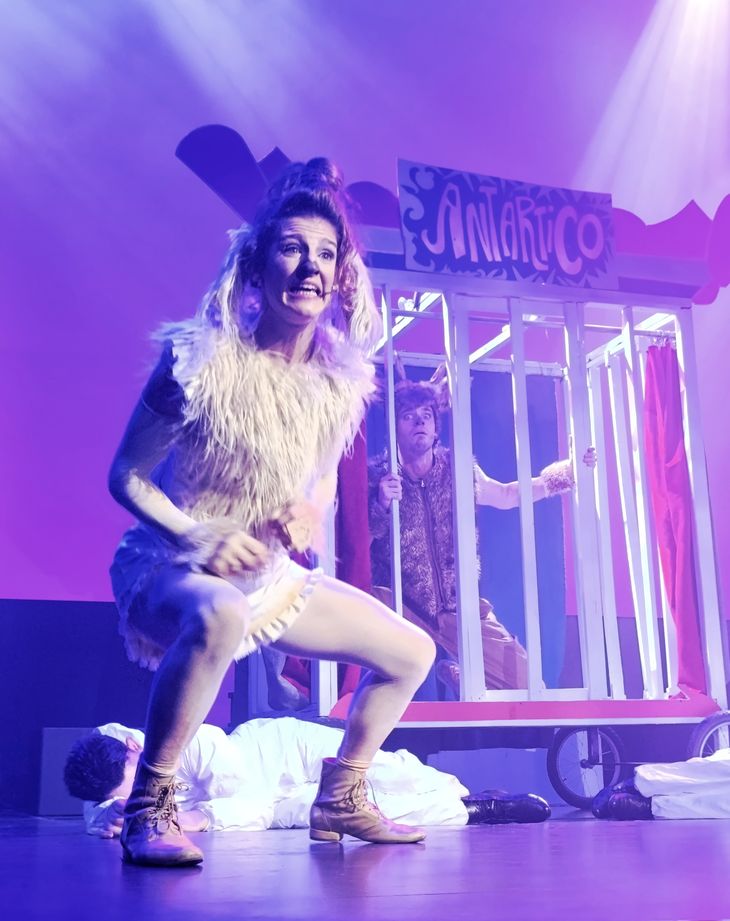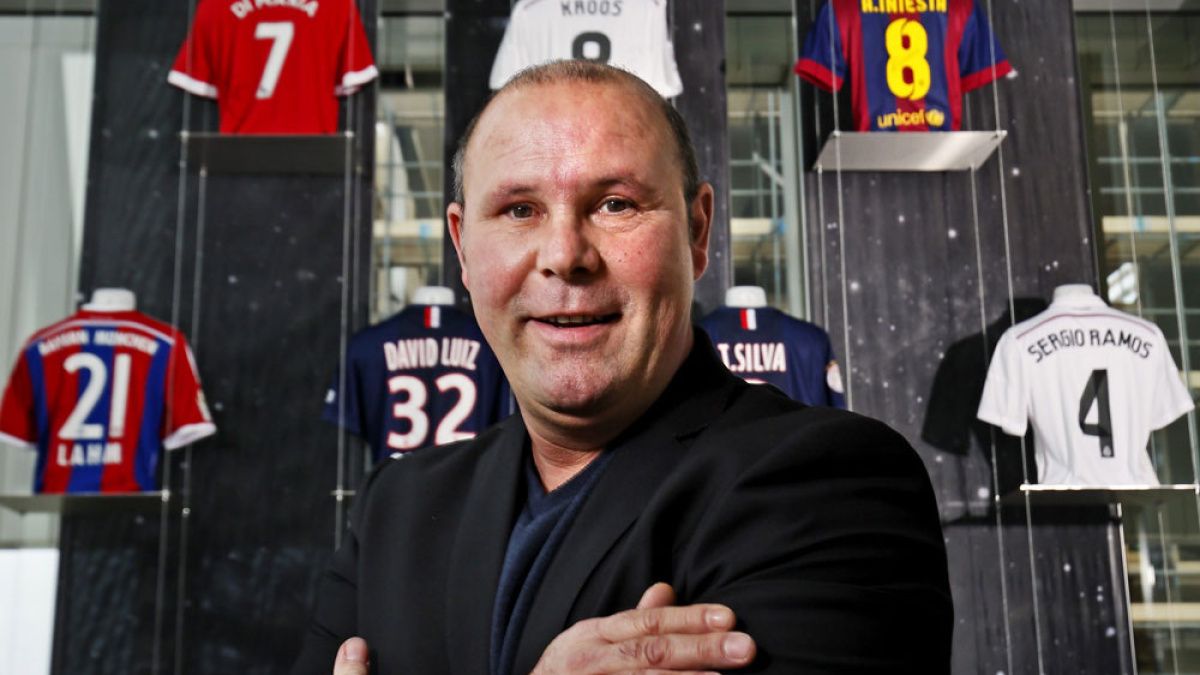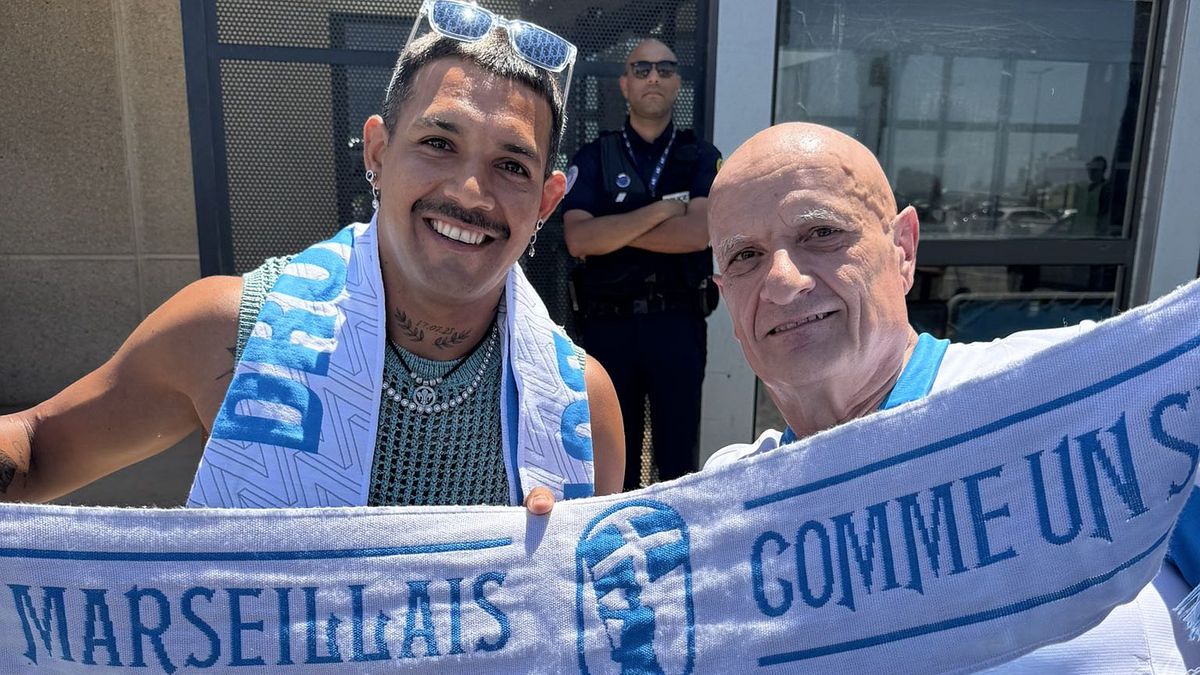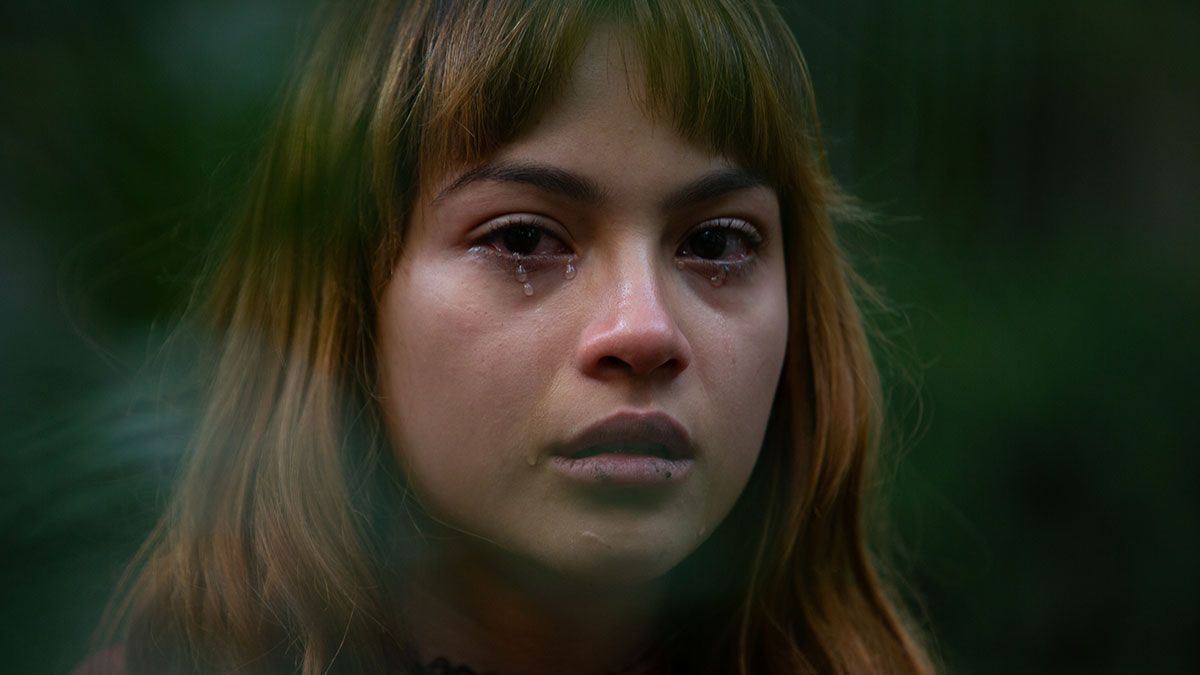“We see the kids the same way we did 20 years ago, but our work hasn’t changed either, we didn’t put in LED screens or augmented reality,” says Silvio Falasconiauthor and director of “The Huemul of Patagonia”, which after 17 years of performances in the alternative circuit and cultural centers comes to the Politeama Theater, with 15 artists and a live rock band.
The play combines humor, mystery, magic and proposes concepts that highlight the care of the environment, flora, fauna and the conservation of endangered species such as the Huemul. It is presented on Saturdays at 3 p.m. and every day during winter vacations. We spoke with Falascioni.
Journalist: How do stories with animals work for children?
Silvio Falascioni: In the play, the huemul tells in the first person that he never knew his mother and that he was always alone, that he would love to find a girlfriend and that generates unconditional love and a desire to help him. I think that it is even more engaging that it is with animals than with human characters. I perfectly remember the smell and the commotion that the animals caused me when I lived in Junín, 45 years ago, and I was a child who went to the circus with animals, in a nearby vacant lot. Elephants, lions. I did not see theater with animals, I had to do this story of the huemul that took me there. He is the protagonist along with a puppy and two vegetables. The children empathize immediately because between the image of the huemul and its pet there is no difference. Just as the antipathy with the tamer and the hunter is also immediate.
Q: What is it like to do independent theatre today?
SF: This situation today is distressing and is reflected in the world. I remember complex times of independent theatre but there was a window, we went to some festival or tour. Now everything is very expensive, the tickets, the production, the iron, the fabric, and the purchasing power is low. It is becoming very difficult to do independent theatre. We have a theatre in Villa Ruiz, 90 km from Buenos Aires, in San Andrés de Giles. There we rehearse, we produce scenery and I am very clear about how difficult it is today to make a living from theatre, few can do it. There were worse times, yes, but I also understand that independent theatre is indestructible. It is a battle won. The people I love and respect do theatre at whatever price they have to pay. It is a courage and dedication comparable to an amateur football team in full competition. Bring money, there is plenty of talent. Independent theatre is reborn in the worst contexts and incredible stories appear, the pandemic is an example. Care was diminished and thousands of works automatically flourished. It is not fair that such art does not have the state support it deserves.
Huemul of Patagonia 15.jpg
Q: What are the children who attend the performances like today and what were they like?
SF: They didn’t change and what happens in the theatre didn’t change. We changed, when we started we were more rock and roll and now maybe more artistic. At first it was the human energy and the volume and now the delicacy, the acting, the colours, the music. We have matured a lot. The company changed and we improved artistically, but the children were always the same, I don’t see any difference. The same little puppy ears are sold today made by the same hands, the songs are the same, the interactions between the public and the artists are still the same. Maybe we are still doing the same theatre with some improvements and that keeps the conditions. If we had put in a LED screen, augmented reality or QR we would have noticed changes. I like that but we don’t know how to do it. The theatre is still like it was 2000 years ago.
Q: How does a work last for almost twenty years?
SF: I don’t know if there is a formula or method to sustain a story and a company for so long. We really like doing what we do from day 1. There is love for the story and the characters that each one plays. There were times when we didn’t earn a penny and we did it anyway. In other times, there were unacceptable conditions and we did it anyway. There is love for the story that ends up taking us forward. Over time it was transformed into a platform for common work. New spaces and projects were opened up for the cast and crew. We are theater production guys, we get into doing everything, for example, I did the set design for Feldman’s “Hipervínculo.” We are a platform where we meet, we are happy and we give it our all, that was always the same. No one ever did a show without desire or without putting their heart into it. That is the formula for why we continue.
Source: Ambito
I am an author and journalist who has worked in the entertainment industry for over a decade. I currently work as a news editor at a major news website, and my focus is on covering the latest trends in entertainment. I also write occasional pieces for other outlets, and have authored two books about the entertainment industry.




